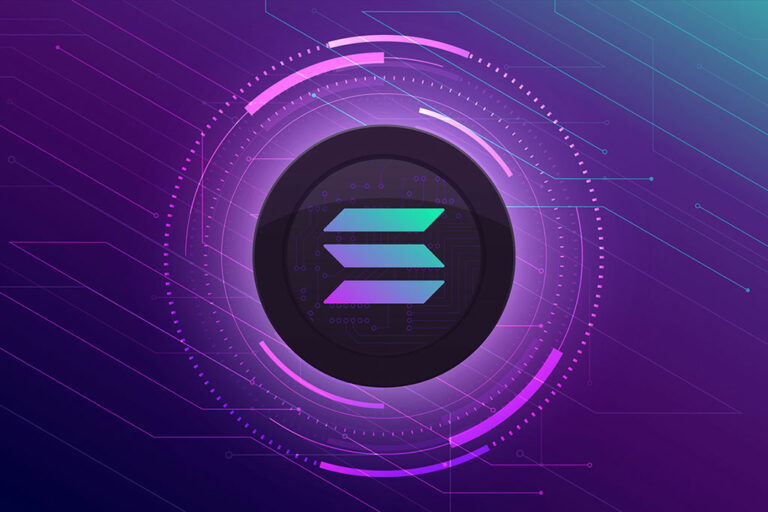ZK Compression will allow Solana developerss to store specific types of data using its cheaper ledger space rather the expensive account space.
Solana-based developers Light Protocol and Helius Labs have introduced an innovative technology known as “ZK Compression,” aiming to significantly enhance the scalability and cost-efficiency of applications on the Solana blockchain. This new approach, officially announced by the two firms, is poised to revolutionize how developers store and manage data on the network.
ZK Compression utilizes a method called state compression, which allows developers to store specific types of data using Solana’s cheaper ledger space rather than its more expensive account space. This process involves storing a “hash” or fingerprint of off-chain data on-chain for verification, employing a structure called “sparse state trees”, as detailed in the documentation for ZK Compression.
According to Light Protocol, this new technology offers a dramatic reduction in costs for developers. For instance, storing 100 compressed token accounts will cost approximately 0.000004 SOL, compared to the usual cost of around 0.2 SOL – a 5000-fold reduction in price. Additionally, a compressed PDA (Program Derived Address) account can be up to 160 times cheaper. The protocol ensures the integrity of the compressed state using small zero-knowledge proofs, or validity proofs.
Crypto Community Initiates a Debate
Helius Labs founder Mert Mumtaz highlighted the cost benefits on social media platform X, illustrating the potential savings with a practical example: “Take an airdrop to 1,000,000 users / this today would cost over $260,000 for state alone / now, it’s $50 – 5,200x cheaper.”
Despite the excitement within the Solana community, the new primitive has faced criticism from some members of the Ethereum community. Alex Gluchowski, founder of ZKsync, remarked on X:
“The whole monolithic Solana thesis is gone at once. Impressive. Meanwhile, ZKsync has been quietly building asynchronously composable ZK future for Ethereum. Big reveal this week.”
Adding to the debate, Ethereum (ETH price data) investor Ryan Berckmans criticized the announcement for not characterizing the new approach as a Layer 2 network, labelling it as “unethical BS” in an X post. “Their new product is actually an L2. L2s are a winning model,” Berckman asserted.
In response, Solana co-founder Anatoly Yakovenko provided a robust defense, outlining the unique benefits of ZK Compression over traditional Layer 2 solutions:
“Sure. It’s an L2 that doesn’t need a security council multisig, users don’t need to switch chain ids, doesn’t need a governance token, doesn’t need an external sequencer, solana validators still get all the transaction fees. It’s like an L2 without all the things that people complain about L2s.”
This development underscores the ongoing innovation and competitive dynamics within the blockchain space. ZK Compression represents a significant step forward for Solana, potentially setting a new standard for efficiency and scalability in blockchain technology.
next